Introduction
Welcome back to our blog! We’re glad you’re here. In today’s post, we’re talking about PA school, specifically the 10 Easiest PA Schools to Get Into in 2022. We feel that this is an important topic to discuss because many PA schools acceptance rates are going down as the number of PA students goes up. This could make it very difficult for some pre-PA students to get into top-level PA schools.
While it’s unfortunate that PA school acceptance rates are changing that dramatically, it doesn’t mean you can’t get into PA school at all! The great news is that there are PA schools with low GPA requirements. These schools believe in taking a more holistic approach. They understand that some students don’t test well, but they work well in clinical settings interacting with patients. So, as long as you’re a good student doing your best, you’ll hopefully (*fingers crossed*) be able to get into PA school.
What is PA School?
Before we dive into the easiest PA schools to get into, let’s talk about what a PA school is. You might be a first-time visitor to our blog and not even know what a PA does. Or maybe you’ve heard of a PA, but you aren’t sure what makes them different from a doctor.
A PA is a physician assistant (soon to be a physician associate) who works under a doctor’s supervision. PAs lack some of the medical education and extensive residency training that doctors go through before practicing medicine on their own.
Don’t get us wrong. A PA education consists of lots of training, but not as much as doctors go through. Because of this, PAs are allowed to treat patients on their own. They have the knowledge and expertise to do that. But at the end of the day, they report to a doctor who has the extensive training they didn’t go through. This allows for more patients to be treated while ensuring that proper treatment is provided. It’s for the benefit of everyone involved.
The PA profession is popular because it allows you to practice medicine without spending years and years in school for it. Many PAs work full-time and enjoy rewarding careers without spending a decade or longer in school.
What Education Do PAs Need?
PAs are required to earn their bachelor’s degree in a science-related field. Many programs require Biology to be part of your major. Your pre-requisite courses will include Biology, Chemistry, Physics, Anatomy, Biochemistry and Microbiology.
After you’ve completed your bachelor’s degree, you’ll go on to earn your master’s degree. A master’s degree is required to become a PA.
Before you’re licensed to practice medicine, you’ll have taken courses like Clinical Radiology, Medical Ethics and Introductions to Various Specialties. You’ll also go through eight-week rotations for practice areas like Internal Medicine and Pediatrics.
How Do I Apply to PA School?
There’s a centralized application for PA schools known as the CASPA. It’s an acronym that stands for the Centralized Application Service for Physician Assistants. This application service allows you to fill out one application with all of your information. Your application is sent to all the schools you select. Every PA school that uses CASPA will be available to select.
Having CASPA eliminates the need to send your transcripts and other vital information to every PA school to which you apply. Instead, they can access it through the CASPA portal.
Every PA school is different, but most schools will have an individual application for you to fill out. They will already have your transcripts, GRE scores and other documents. But they will want you to answer some essay prompts so they can get to know you better. This will help them decide whether to admit you to their program.
If you need help writing those essays, don’t worry! We offer PA school admissions consulting for that very reason. We can help you brainstorm topic ideas, outline your essay and give you pointers on how to improve your writing. The only thing we can’t do is write it for you! Please don’t hesitate to reach out to us if you need help with PA school essays!
PA School Acceptance Rate
According to the Physician Assistant Education Association (PAEA), the average PA acceptance rate is 20 percent. While this acceptance rate is higher than it is for medical school, it still means that 80 percent of applicants are rejected.
PA Schools with Low GPA Requirements
Not the best student? Try applying to the following schools. They’re known for accepting students with lower GPAs.
- University of Utah
- A.T. Still University, Central Coast
- Rosalind Franklin University of Medicine and Science
PA Schools That Don’t Require the GRE
The following PA programs do not require applicants to take the GRE.
- St. John’s University
- Arkansas Colleges of Health Education
- Bethel University in Minnesota
- Loma Linda University
- Springfield College
- University of La Verne
- Marquette University
Submit A Strong Application with A Low GPA
We won’t tell you that your GPA doesn’t matter, because it does. But we can say that it’s only one factor that admissions committees look at when reviewing your application.
GRE and MCAT Scores
Other factors include your GRE or MCAT scores. You’ll likely need to take one of these tests before applying to PA school, and scoring well will show that your GPA doesn’t tell the whole story.
Direct Healthcare Experience with Patients
We highly recommend earning at least 200 hours of direct patient care hours. And while 200 is great, earning up to 2,000 is even better. These hours involve being with a patient while a healthcare provider is supervising you. Your experience working with patients will reduce the impact of your low GPA.
The Easiest PA Schools to Get Into in 2022
- A.T. Still University of Health Sciences – Central Coast Campus – Physician Assistant Program
- Barry University Physician Assistant School
- Loma Linda University Physician Assistant School
- Marquette University Physician Assistant School
- Midwestern University Physician Assistant School
- Missouri State University Physician Assistant School
- Rosalind Franklin University of Medicine and Science Physician Assistant School
- South University Physician Assistant School
- The George Washington University Physician Assistant School
- Thomas Jefferson University Physician Assistant School

1. A.T. Still University of Health Sciences – Central Coast Campus
Physician Assistant Program
- Minimum GPA: 2.5/4.0
- Degree Offered: Advanced Master’s in Physician Assistant Studies
- Includes 400 hours of direct patient care experience
- Includes coursework on ethical issues, healthcare delivery systems and evidence-based medicine
- Admissions requirements include:
– Graduation from ARC-PA-accredited PA program with a 2.5/4.0 GPA
– Official transcripts
– Bachelor’s degree from a regionally accredited institution

2. Barry University Physician Assistant School
- Minimum GPA: 3.0/4.0
- Includes direct clinical experience
- Includes Catholic teachings
- Admissions requirements include:
– BA with pre-requisite coursework (Biology, Chemistry, Physiology, Anatomy, etc.)
– 3.0/4.0 GPA
– GRE Score
– Official transcripts
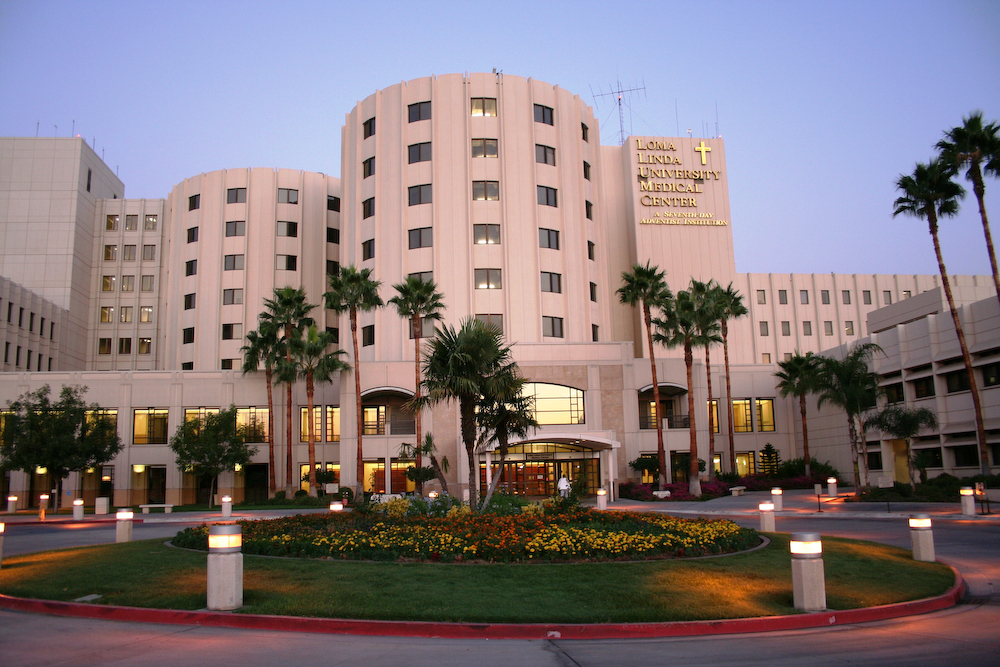
3. Loma Linda University Physician Assistant School
- Minimum GPA: 3.0/4.0
- A private university that works with nearby hospitals
- Admissions requirements:
– 3.0/4.0 GPA
– BA in Science with general courses taken
– 3 letters of recommendation
– 2,000 hours of patient care experience

4. Marquette University Physician Assistant School
- Minimum GPA: 3.0/4.0
- Emphasizes Jesuit tradition through compassion and care in healthcare
- Admissions requirements:
– 3.0/4.0 GPA
– GRE scores
– 3 letters of recommendation
– 200 hours of health care experience

5. Midwestern University Physician Assistant School
- Minimum GPA: 3.0/4.0
- Includes small student: faculty ratio
- Student-led curriculum
- Diverse patients from a wide range of demographics
- Emphasizes leadership and community service
- Admissions requirements:
– 3.0/4.0 GPA
– GRE Scores
– Pre-requisites completed with a C grade or higher
– Volunteer work, service and life experiences that show commitment to healthcare
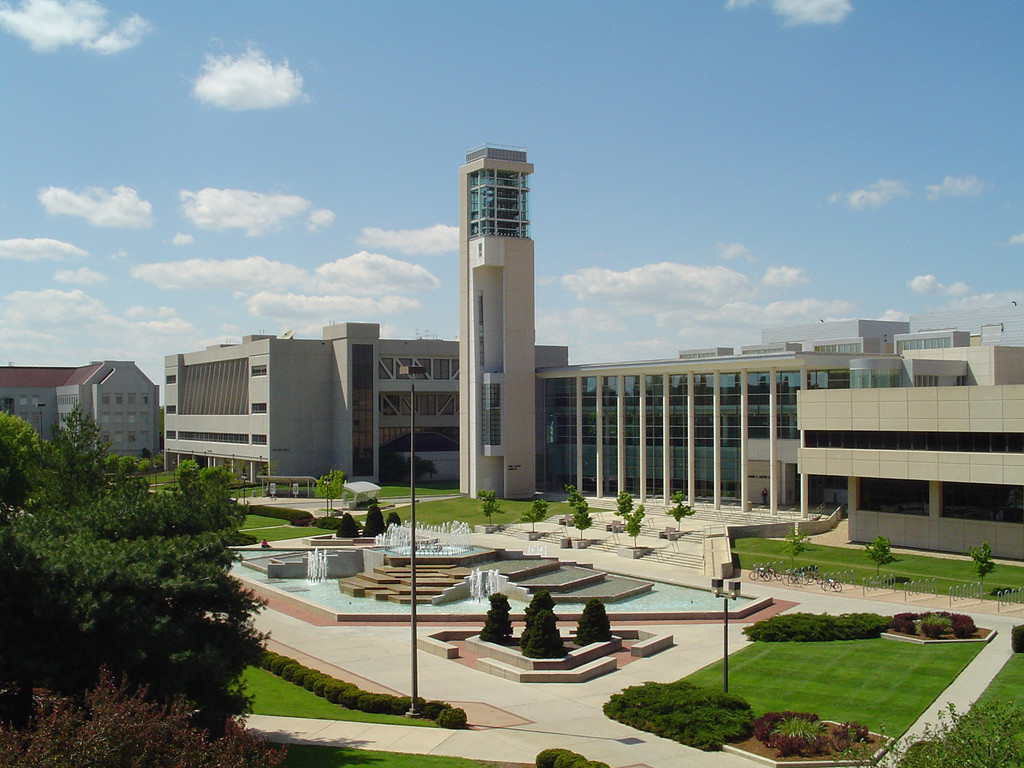
6. Missouri State University Physician Assistant School
- Minimum GPA: 3.0/4.0
- Small student: faculty ratio
- Coursework and clinical rotations are not split
- Admissions requirements:
– 3.0/4.0 GPA
– 3 letters of recommendation
– MCAT/GRE scores
– Personal statement if invited to interview
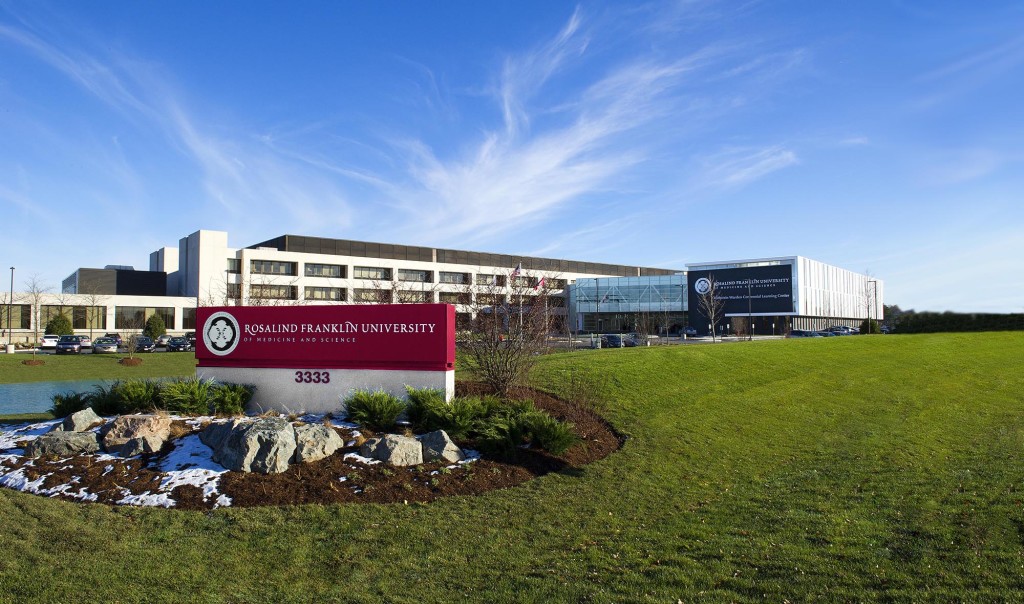
7. Rosalind Franklin University of Medicine and Science Physician Assistant School
- Minimum GPA: 2.75/4.0
- Emphasizes hands-on clinical experience
- Admissions requirements:
– 2.75/4.0 GPA
– GRE Score in the 50th percentile
– 2 letters of recommendation
– A written personal statement

8. South University Physician Assistant School
- Minimum GPA: 3.0/4.0
- Teaches fundamentals of medicine while preparing students to function in a healthcare team
- Teaches students about diagnostics and therapeutics
- Admissions requirements:
– 3.0/4.0 GPA
– Pre-requisites with a C grade or higher, including Biology, Chemistry and Physics
– GRE scores with preference given to 50th percentile or higher
– 1 reference letter from a healthcare professional whom the applicant worked with
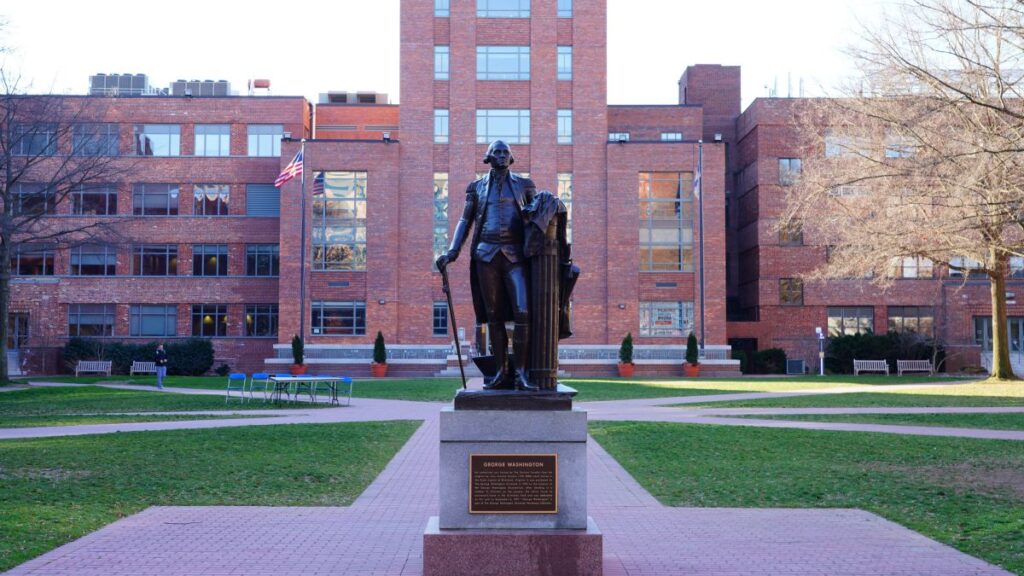
9. The George Washington University Physician Assistant School
- Minimum GPA: 3.0/4.0
- Includes community service component
- Pre-requisites include Anatomy, Physiology, Chemistry, Psychology and Statistics with a C grade or higher
- Admissions requirements:
– 3.0/4.0 GPA
– GRE scores
– 2 letters of recommendation
– 1,000 hours of direct patient care
– Official transcripts
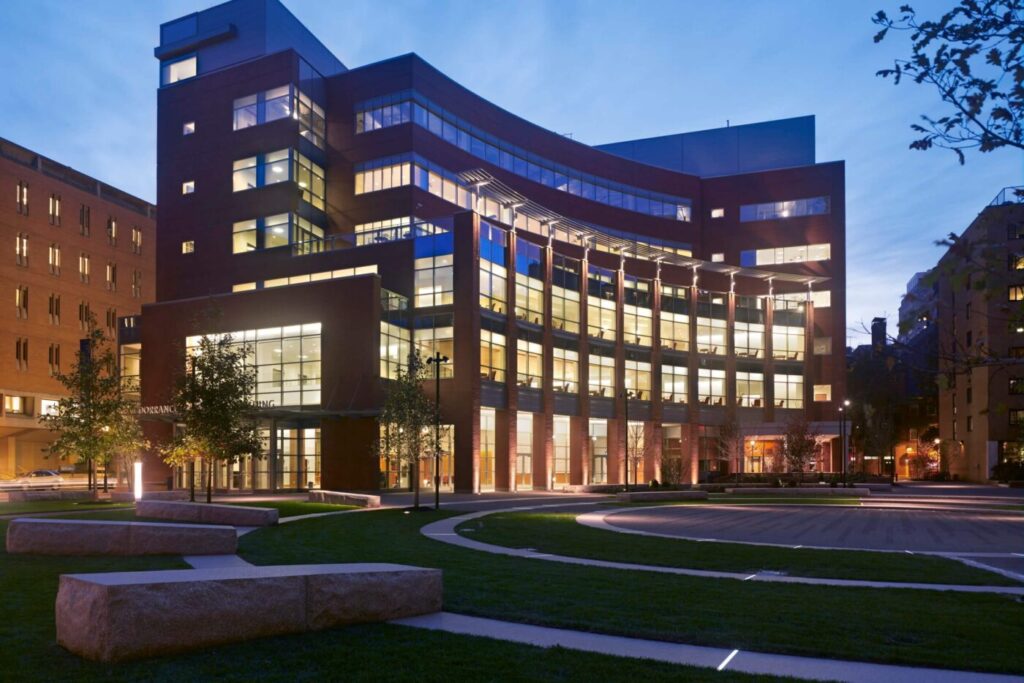
10. Thomas Jefferson University Physician Assistant School
- Minimum GPA: 3.0/4.0
- Combines evidence-based medical theory with practice
- Admissions requirements:
– 3.0/4.0 GPA
– Personal essay or statement
– 200 patient care hours
– Official transcripts
PA School FAQs
Q: If my GPA is low, what’s the easiest program to get into?
A: As of right now, the answer is Rosalind Franklin University of Medicine and Science. The required GPA is 2.75/4.0. That’s only a C average for your undergraduate courses!
Q: Is the PA program hard?
A: Yes, the PA program difficulty mirrors a traditional medical school program. You have to learn a lot of information in a short amount of time. And you can’t just memorize it and then forget it because you will use everything you learn as you go. Learning how to practice medicine is like math that builds on itself.
Q: What are the hardest courses?
A: Physiology, Anatomy and Medical Terminology are some of the hardest courses to take because they require so much memorization. It takes hours upon hours to memorize everything you’ll need to know when treating patients. We don’t recommend taking these courses together if you can help it. However, some programs are structured for you, so you might not have a choice. But hey, that’s what deep breathing is for. You’ve got this! We believe in you!
Q: What should I major in for PA school?
A: You can actually major in whatever you want. There is no required major for PA students. Having said that, you’ll need to complete all the normal Science pre-requisites, or you won’t meet the requirements for PA school. Take courses in Biology, Anatomy, Physiology, Chemistry, Statistics, etc. These courses will prepare you for what’s to come. They’re foundational, so just about every medical school will require them as pre-requisites.
Next Steps to Take
Now you know about the easiest PA schools to get into – but what should you do next?
Get Good Grades
If you’re still in school, study smart so you can get the best grades possible. Every grade that’s a B or above will help increase your GPA. (It’s C grades or below that hurt it.)
If you’re struggling in a specific subject, hire a tutor to help you. Many colleges offer tutoring as a service that’s included in your tuition. Don’t be afraid to ask for help! Asking for help is a sign that you’re a strong student who knows where you’re going. Utilizing the resources available to you is the way to go!
Direct Patient Care Experience
If we can, we spend our time doing the things we love the most. That’s why we recommend getting as many hours of direct patient care experience as possible. Spending time in the healthcare field will show PA schools that, even if you don’t test well, you are passionate about healthcare and truly want to practice medicine.
One of the reasons PA schools have strict requirements is so that students don’t wash out. They’re investing in you by providing you with your education. They only want to take a chance investing in someone who they believe will successfully complete the program. The standards set in place help PA schools find the best students.
GRE/MCAT Exams
Study for the GRE/MCAT exams. Both tests are notoriously difficult, so it’s important to study for them as far in advance as possible. Scoring well on these exams will also prove how much you care about medicine.
Having said that, you might not need to take both tests. Look at the schools you want to apply to, and see which tests they require. A lot of schools will allow you to take either one.
Consider Voluntary Healthcare Internships Abroad
Consider experiences like voluntary healthcare internships abroad. If you participate in PA shadowing abroad with International Medical Aid, you’ll shadow healthcare providers in underserved populations in countries within East Africa, South America and the Caribbean. Talk about having stories to tell! Voluntary healthcare internships abroad will look great on your applications and provide you with great stories to tell in your personal statements.
Try PA School Admissions Consulting
Get help with your applications! Submitting a strong application is a vital part of being a worthwhile applicant. International Medical Aid offers PA school admissions consulting.
We can review your application, provide you with valuable feedback and help you brainstorm essay topics. We can help you catch tiny errors in your application and prepare for interviews, should you be invited! Setting your best foot forward with professional help is a great way to prepare for PA school.
Final Thoughts
So there you have it. Those are the 10 easiest PA schools to get into in 2022. We hope that, even with the PA schools acceptance rates, you’ll feel confident enough to apply to these programs. The PA schools with low GPA requirements are still excellent schools to attend. And hey, you’ll become a PA no matter what school you attend!
Remember, PA schools acceptance rates aren’t meant to scare you or deter you from applying. Rather, you should use them as motivation to reach higher and push yourself to new heights so you can reach your goals and achieve your dreams. PA schools with low GPA requirements see you, which is why they take a more holistic approach to review applicants.
Becoming a PA is a rewarding career full of service, compassion and care. We commend you for your desire to serve your community and make it a better place. International Medical Aid is here to help in any way we can. If you’d like more information about our voluntary healthcare internships abroad, please don’t hesitate to contact us. We’d be happy to answer your questions.
Our PA schools admissions consulting is designed to help students get into PA school, so don’t be afraid to utilize our resources. That’s what they’re there for.
As always, International Medical Aid is here to cheer you on. Best of luck on your journey to becoming a PA!





